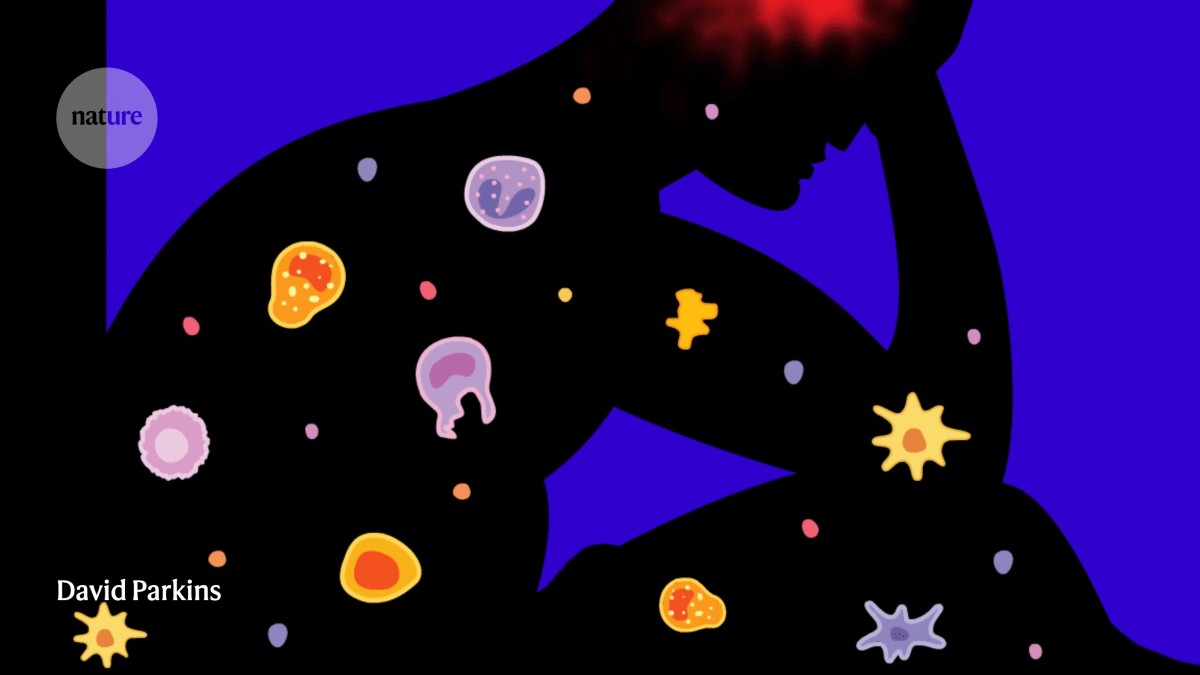
"Between an unrelenting itch that interrupts sleep and the social challenges of rashes that can appear anywhere on the body without warning, atopic dermatitis has many ways of raising a person's stress levels and affecting their mental health. "It's so obvious that these patients suffer. You really have to be a poor clinician or very unskilled observer not to see it," says Jacob Thyssen, a dermatologist and researcher at the Copenhagen University Hospital."
"Over the past two decades, data gleaned largely from health records and surveys have revealed associations between the inflammatory skin disease, which affects up to 25% of children and up to 10% of adults, and a wide variety of neuropsychological diagnoses. The most common of these are anxiety and depression, but they also include attention deficit hyperactivity disorder (ADHD), cognitive and behavioural changes, obsessive-compulsive disorder (OCD) and alexithymia, difficulty in recognizing and expressing emotions."
Atopic dermatitis combines relentless itch, sleep disruption and visible rashes that raise stress levels and impair mental well-being. Data from health records and surveys link the condition, affecting up to 25% of children and 10% of adults, with anxiety, depression, ADHD, cognitive and behavioural changes, OCD and alexithymia. The risk of depression in adults with atopic dermatitis is elevated by roughly 14–20% compared with people without the condition. Visible disease and chronic itch plausibly worsen social confidence and compulsive symptoms, while clinicians and researchers seek deeper biological mechanisms. Effective systemic treatments over the past eight years have enabled studies showing mental-health improvements when skin disease is controlled.
Read at Nature
Unable to calculate read time
Collection
[
|
...
]